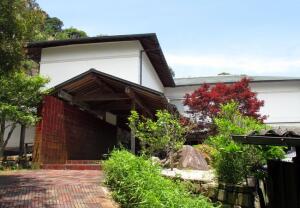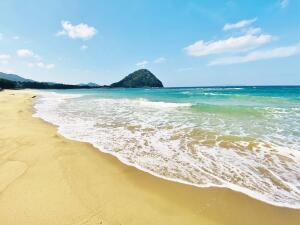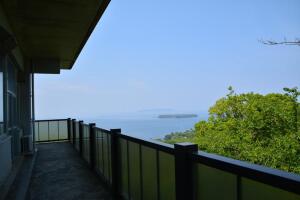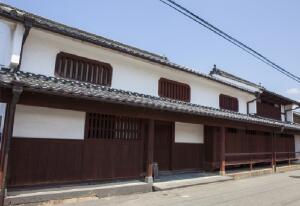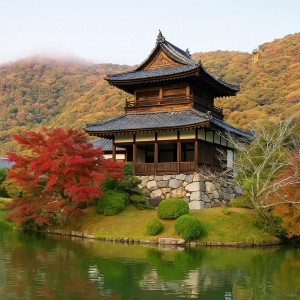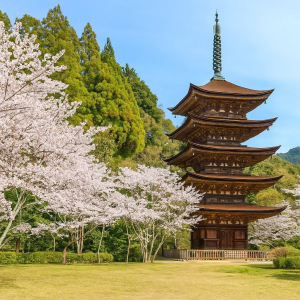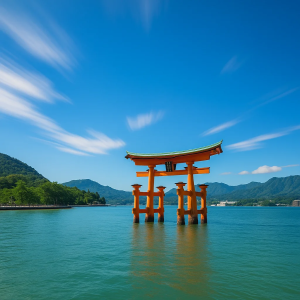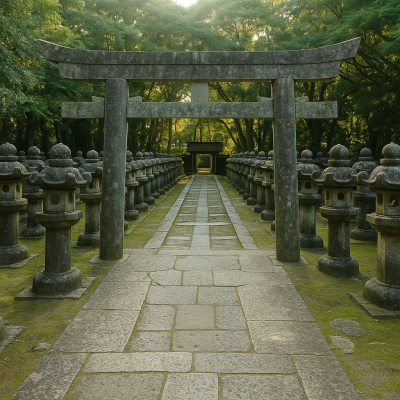
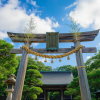
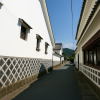
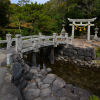
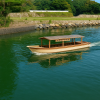
Hagi Travel Tips
Hagi (萩), a serene former castle town nestled on the Sea of Japan coast in Yamaguchi Prefecture, offers a captivating journey through Japan’s feudal past. Hagi, once the stronghold of the influential Mori Clan, played a pivotal role in key historical events, especially during the Meiji Restoration. Visitors can explore the beautifully preserved Edo-era townscape, with samurai residences and merchant homes lining the charming streets, offering a glimpse into the life of Japan’s samurai age. Must-visit spots include the Hagi Castle Ruins, where visitors can stroll through the remains of this once-mighty fortress and enjoy views of the surrounding town and coastline. Another key site is the Kikuya Residence, which provides a glimpse into the life of a wealthy merchant from the Edo period.
Beyond its historical charm, Hagi is renowned for its Hagiyaki pottery, a highly respected ceramic tradition that has flourished in the region for centuries. The town is home to several pottery workshops where visitors can learn about the artistry of Hagiyaki firsthand and even try making their own pottery. Hagi also offers scenic spots like Mount Shizuki, where visitors can hike to a peaceful summit with panoramic views. Additionally, Shizuki Park is a tranquil green space, perfect for a relaxing afternoon. With its untouched beauty and rich cultural heritage, Hagi offers a unique blend of history, art, and nature, making it an ideal destination for history buffs, art lovers, and nature enthusiasts alike.
Getting around
In Hagi, the main train station is Higashi-Hagi Station, not Hagi Station as one might expect. It’s more centrally located and offers better transport connections. The best way to explore the city is by rental bike, as Hagi is too spread out to explore easily on foot. Bicycles can be rented in front of Higashi-Hagi Station and at various locations around the city, costing about 200–300 yen per hour or 1,000–1,500 yen per day.
Another convenient option is the Maru Bus, a tourist loop bus that connects the train stations with all major sights in the city. There are two routes (East and West), each running every 45 minutes between 7:00 AM and 5:30 PM. A single ride costs 100 yen, while a 1-day pass is 500 yen and a 2-day pass is 700 yen. If you plan to visit multiple historic houses, a special combination ticket is available for 310 yen, granting access to nine historic residences throughout the city, valid for one day.
Attractions
See all →- Districts:
- Former Castle Town —
- Aiba Waterway
-
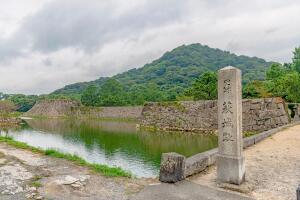 1CastleHagi Castle
1CastleHagi CastleHistoric castle ruins and scenic park
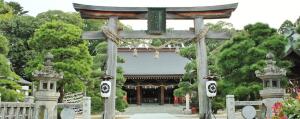 2ShrineShoin Shrine
2ShrineShoin ShrineFamous for Yoshida Shoin's legacy
 3TempleTokoji Temple
3TempleTokoji TempleChinese architecture and Mori daimyo graves
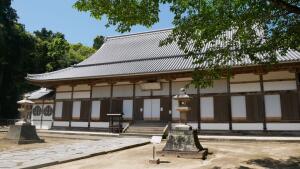 4TempleDaishoin Temple
4TempleDaishoin TempleMori lords’ burial site, Zen garden
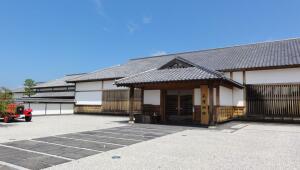 5MuseumHagi Museum
5MuseumHagi MuseumHistory, Yoshida Shoin, castle town dioramas
